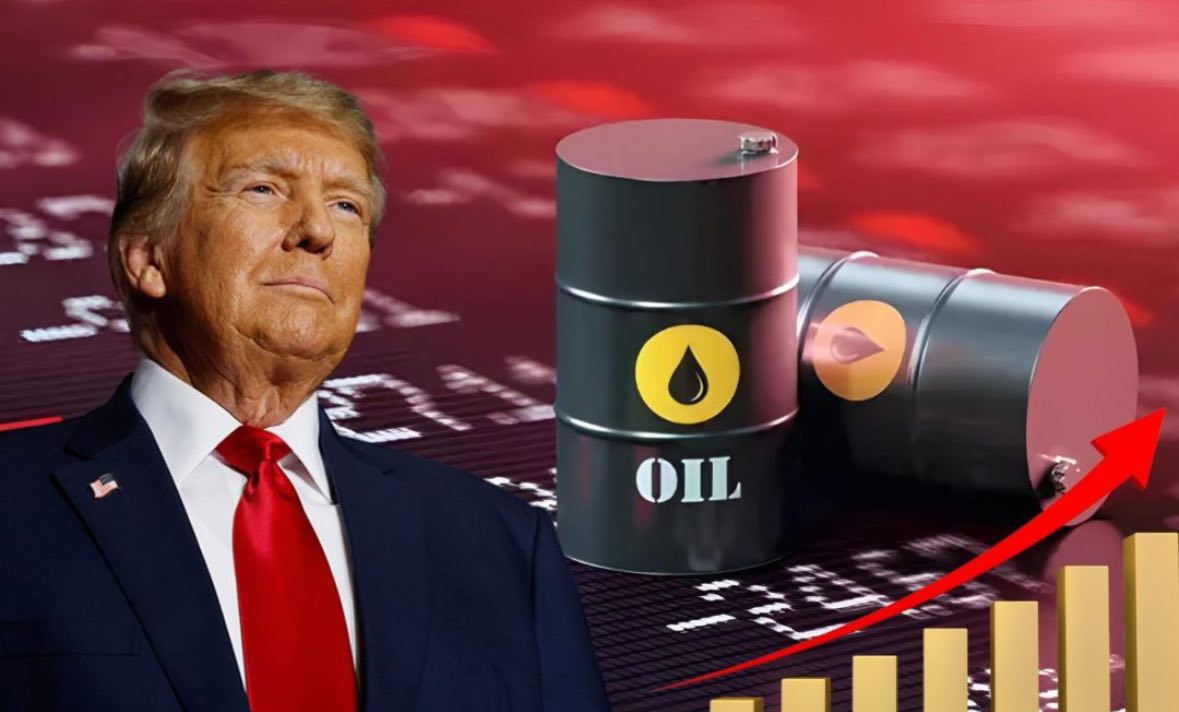Trump and Middle Eastern Oil
Trump and Middle Eastern Oil
Donald Trump, in his first trip to the Middle East, surprised many observers with a decisive move. Beyond the significant economic interests that were expected, he outlined the broad strokes of his new policy in this turbulent region.
By choosing the oil-rich Gulf monarchies as the destination for his first official trip, the 47th President of the United States sought to bring these countries back into alignment with Washington.
These countries, which lean towards political realism, have in recent years adopted a non-aligned foreign policy and have established close relations with Russia and China as their main trade partners.
This risk is starting to pay off as the oil-rich monarchies of the region have promised massive investments in the United States over the next 10 years. Investment agreements with Saudi Arabia amount to $600 billion, Qatar $500 billion, and the United Arab Emirates $41 trillion, primarily in the fields of defense industries, technology development, and artificial intelligence.
American companies have also succeeded in signing significant contracts, including Boeing, which was facing serious financial difficulties and needed these contracts more than ever.
The United Arab Emirates placed an order for 28 aircraft, and Qatar Airways signed an impressive contract worth $200 billion with this American manufacturer.
At the same time, the Gulf monarchies are not overlooking their own interests. In exchange for this cooperation, Saudi Arabia seeks Washington’s approval to develop its civilian nuclear industry, and the UAE hopes for collaboration in the energy sector, particularly in technology, as Abu Dhabi aims to become a leader in the field of artificial intelligence.
In addition to pursuing economic interests, the American President used this trip to outline the main directions of his second-term presidency.
During the U.S.-Saudi Investment Forum, Donald Trump delivered a speech on foreign policy in which he criticized the excessive interventionism of previous neo-conservative and Democratic governments, learning from past lessons. He praised his hosts’ successes in unusual terms and respected their national sovereignty.
The rest of the world must understand this truth: this great transformation is not the result of Western interventionists or men who come here on beautiful planes to teach you how to live and run your country.
Neither the shining wonders of Riyadh and Abu Dhabi were created by those who call themselves nation-builders, nor by neo-conservatives or charity-driven liberals who, despite spending billions of dollars, failed to develop Kabul, Baghdad, or other cities.
Donald Trump also took a stance on hot strategic issues in the Middle East, such as the fate of Iran’s nuclear program and the future of Syria.
Despite harsh criticism of Iran’s previous policies, Trump emphasized his desire to end conflicts and reach an agreement with Tehran, effectively rejecting the preemptive strikes requested by Tel Aviv.
However, the outcome of the negotiations remains uncertain as Iran insists on maintaining its civilian nuclear program.
Furthermore, President Trump unexpectedly decided to lift sanctions against Syria, whose economy is on the verge of collapse.
Saudi Crown Prince Mohammed bin Salman encouraged Trump by promising to pay Syria’s debt to the World Bank, amounting to $15 million, and to participate in the country’s reconstruction.
On Wednesday, May 14, the American President met in Riyadh with Ahmed al-Sharaa, a former Al-Qaeda terrorist who has assumed a new identity, which is considered a risky move given the inability of the Syrian interim government to establish its authority and the exploitation of the security vacuum by more extremist groups like ISIS.
These actions have heightened tensions between Tel Aviv and Washington.
While Israel was excluded from the presidential trip itinerary, Vice President J.D.
Vance also apparently canceled his trip to Tel Aviv due to logistical reasons, coinciding with the announcement of a new attack in the Gaza Strip, where the humanitarian crisis worsens day by day. This situation prevented Trump from securing the Gulf monarchies’ approval to expand the Abraham Accords.
Ultimately, although this first trip to the Middle East was economically successful, the fate of regional issues, including the nuclear deal with Iran, the future of Gaza, Lebanon, and Syria, remains uncertain.
It remains to be seen whether Trump’s approach, which may be unusual but pragmatic, will yield results.

